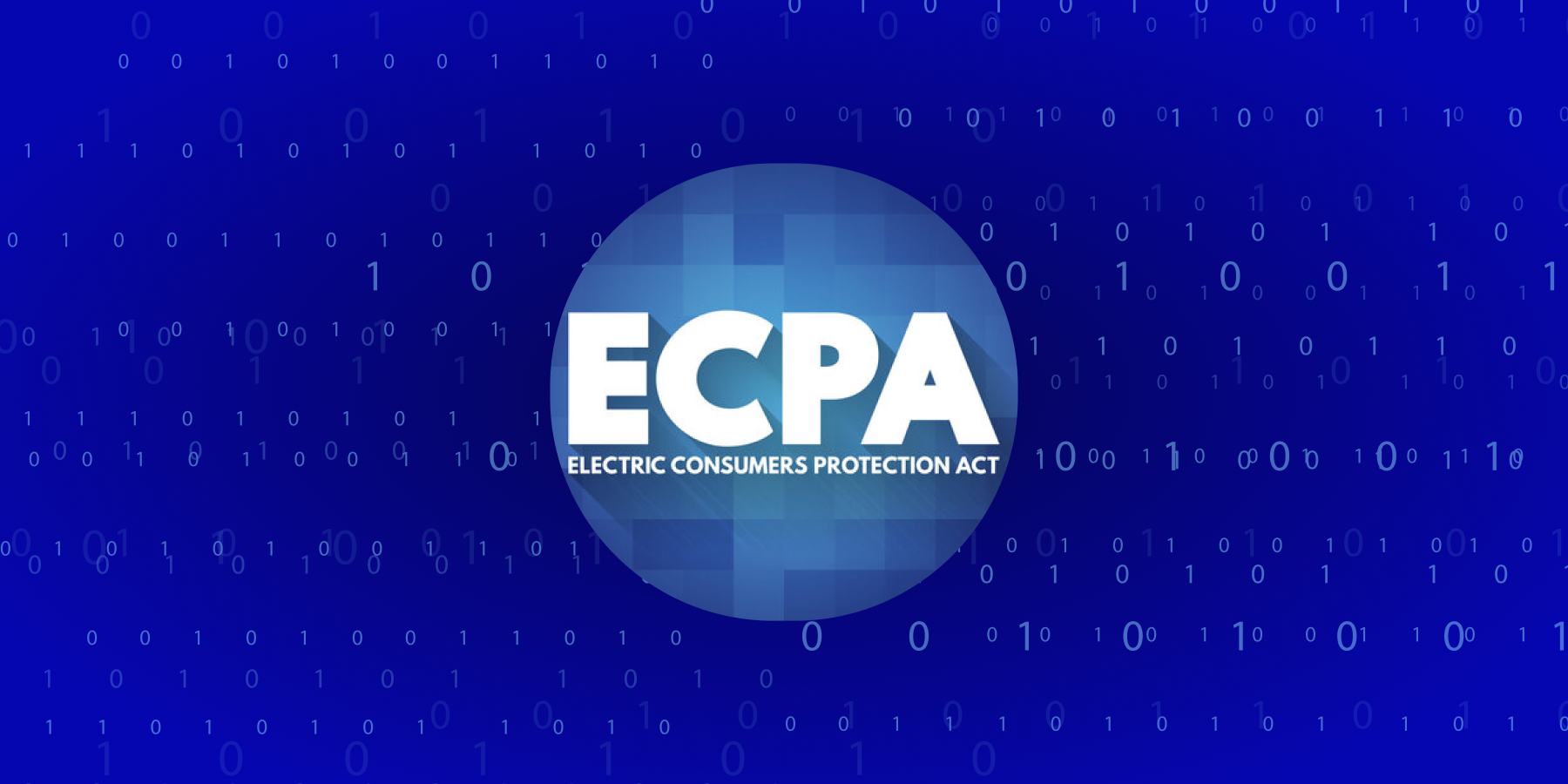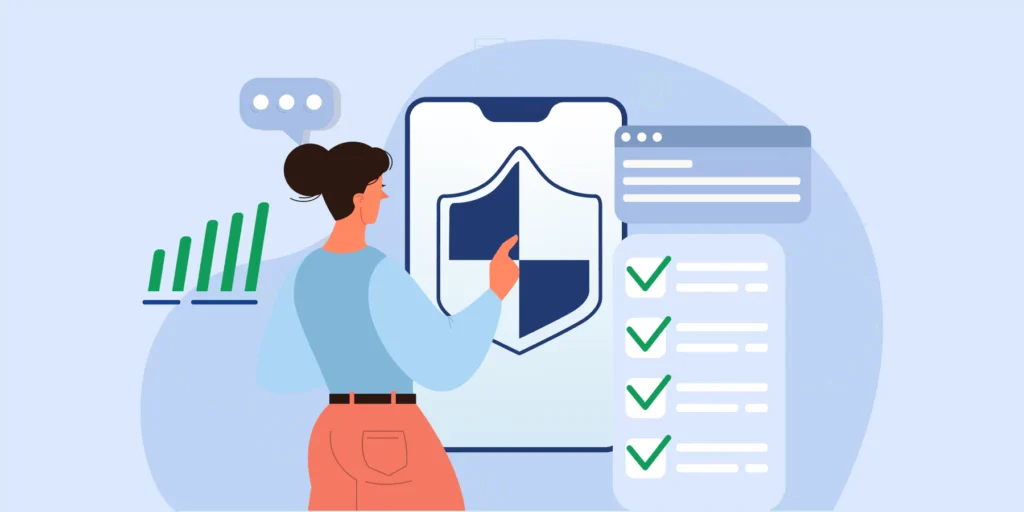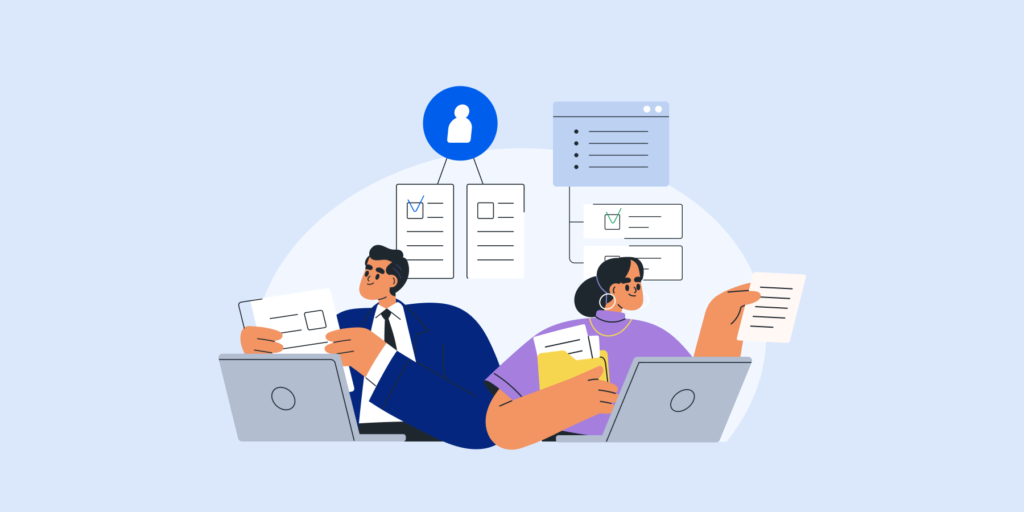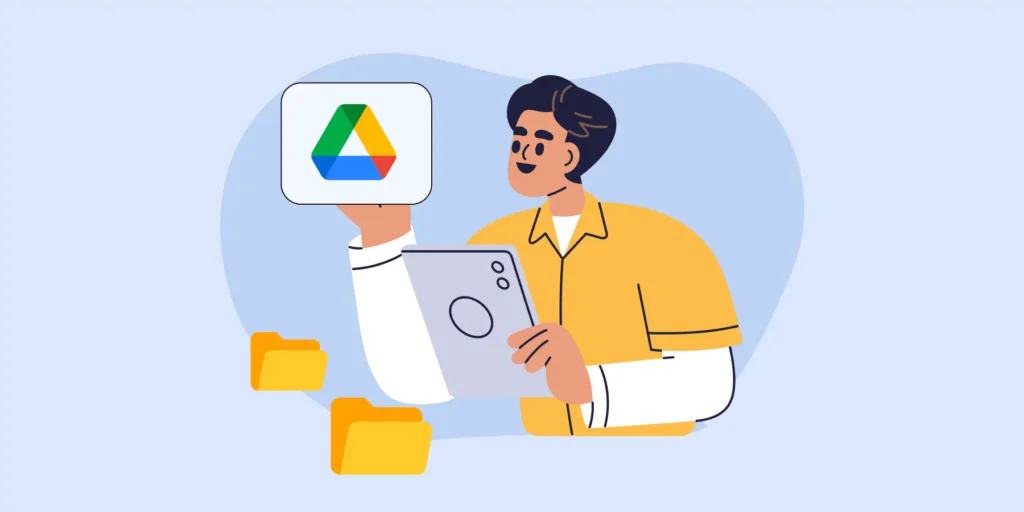The Electronic Communications Privacy Act (ECPA) is a U.S. federal law enacted in 1986 to extend government restrictions on wiretaps from telephone calls to include electronic data transmissions by computer. It is designed to protect various forms of electronic communications from unauthorised interception, access, and disclosure.
Key Things Businesses Need to Know About ECPA
Scope of ECPA
- ▪️ Wiretap Act: Prohibits the intentional interception of wire, oral, and electronic communications unless authorised by a court order.
- ▪️ Stored Communications Act (SCA): Governs the voluntary and compelled disclosure of stored wire and electronic communications and transactional records by service providers.
- ▪️ Pen Register Act: Regulates the use of pen registers and trap and trace devices that capture dialling, routing, addressing, and signalling information.
Legal Processes for Government Access to Stored Communications
The SCA outlines specific legal procedures the government must follow to compel service providers to disclose stored communications or records:
- ▪️ Subpoena: Used to obtain basic subscriber information and opened emails stored over 180 days.
- ▪️ Court Order: Required for unopened emails under 180 days old and some additional records. This has a higher legal standard than a subpoena.
- ▪️ Search Warrant: The highest legal standard, required for unopened emails and files in cloud storage.
These legal instruments set thresholds for accessing certain types of electronic records based on the intrusiveness of the request. Law enforcement must meet the appropriate evidentiary standards for each request.
Consent Requirements
The ECPA regulates government access to electronic communications and data. It establishes different consent requirements based on the type of data:
- ▪️ Wire and Electronic Communications: Includes real-time communications like phone calls, emails, and texts. Law enforcement must obtain a wiretap order or a search warrant based on probable cause to access these communications.
- ▪️ Stored Communications: Covers opened emails, texts, and other communications stored for up to 180 days. Access requires a search warrant based on probable cause.
- ▪️ Subscriber and Transactional Records: Involves non-content data such as subscriber information and transaction logs. These can be accessed with a court order based on a lower standard of “reasonable grounds.”
The ECPA aims to balance privacy rights with law enforcement needs, often requiring legal authorisation rather than direct user consent.
Exceptions to ECPA
- ▪️ Law Enforcement: Permits interception and access to communications with proper legal authorisation, such as a warrant or court order.
- ▪️ Business Operations: Allows businesses to monitor employee communications if they have a legitimate business reason and the employees are aware of the monitoring.
Why Should Businesses Care About ECPA Compliance?
Legal Risks
Non-compliance with the ECPA can result in significant legal consequences, including criminal charges, civil liabilities, and substantial fines.
Individuals who violate the ECPA face up to five years in prison and fines of up to $250,000. Victims are also entitled to bring civil suits and recover actual damages, as well as punitive damages and attorney’s fees, for violations. Although the United States itself cannot be sued under the ECPA, evidence gathered illegally cannot be introduced in court.
Reputational Damage
Violations of the ECPA can damage a business’s reputation and erode trust with customers and partners.
Protecting Privacy
Ensuring ECPA compliance helps protect the privacy of communications, fostering trust and confidence among employees and clients.
Taking Steps Towards ECPA Compliance
- Understand the Law: Firstly and most importantly, familiarise yourself with the provisions of ECPA and how they apply to your business.
- Develop Policies and Procedures: Establish clear policies for the monitoring, interception, and disclosure of electronic communications.
- Obtain Consent: Ensure that you have the necessary consent from parties involved in communications before intercepting or recording them.
- Implement Security Measures: Protect stored electronic communications and transactional records with appropriate security measures.
- Regular Training: Provide ongoing training to employees about the ECPA and your company’s policies and procedures.
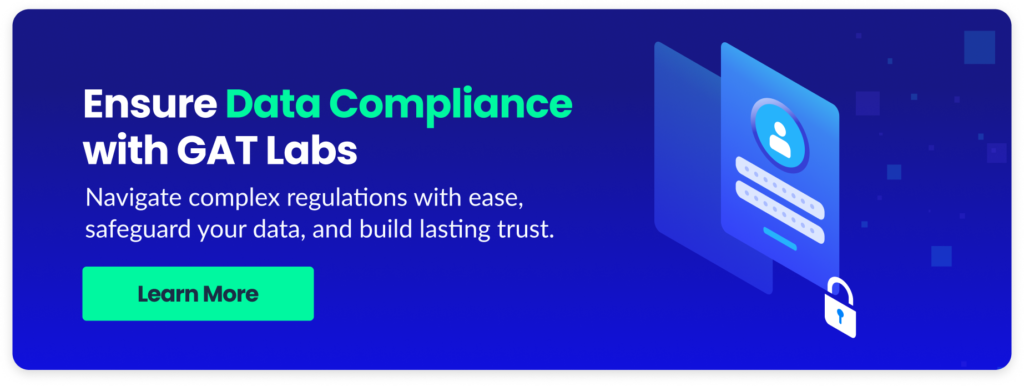
ECPA Compliance with GAT Labs
Navigating the complexities of ECPA regulations can be challenging. GAT Labs provides a comprehensive suite of tools designed to simplify compliance auditing and management for enterprises’ Google Workspace domains.
Key Solutions for ECPA Compliance
- ✔️ Communication Monitoring: Monitor and protect electronic communications with GAT. Email metadata is logged for auditing, and GAT Unlock allows content access only when two authorised personnel review it for risks or policy violations.
- ✔️ Data Encryption: Encrypt communications to ensure privacy.
- ✔️ Access Controls: Restrict access to communications to authorised personnel.
- ✔️ Incident Management: Quickly address and resolve breaches of communication privacy.
Finally, by leveraging GAT Labs’ solutions, businesses can achieve robust ECPA compliance. Furthermore, they can minimise regulatory risks and focus on protecting the privacy of communications. If you would like to talk to us about your compliance strategy, book a demo today with our expert team.
Insights That Matter. In Your Inbox.
Join our newsletter for practical tips on managing, securing, and getting the most out of Google Workspace, designed with Admins and IT teams in mind.


